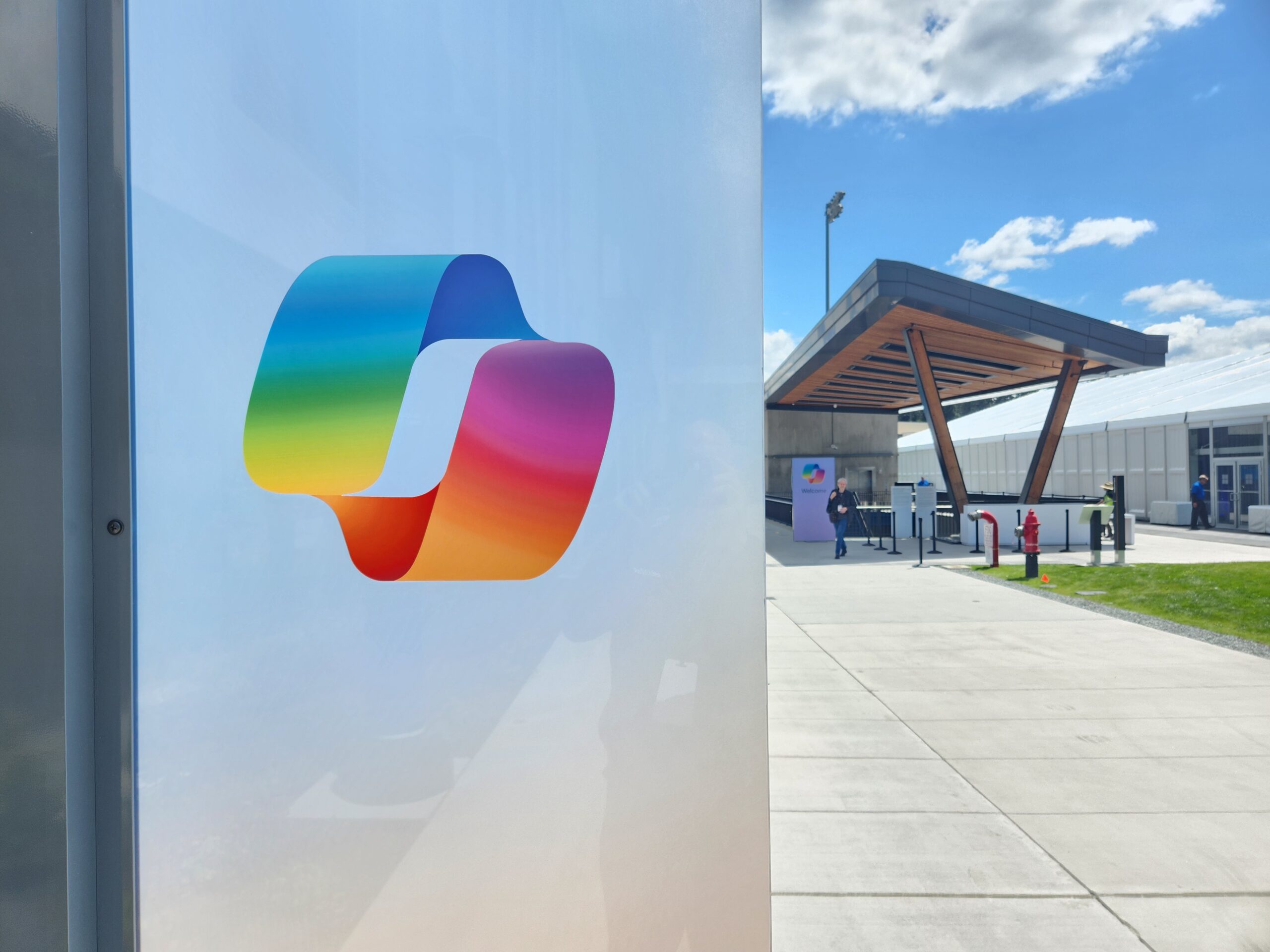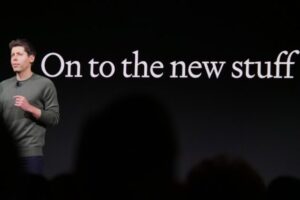
This week, Microsoft in collaboration with leading PC manufacturers revealed their initiative to integrate artificial intelligence directly into personal computers. This will be achieved through adding on-board neural processing units (NPUs) into a new architectural design. This innovation is expected to deliver enhanced performance, extended battery life, and enable local AI processing capabilities, ushering in advanced functionalities and features.

In this week’s GeekWire Podcast episode, we engage in a conversation with our guest, Stefan Weitz, a seasoned investor and entrepreneur with an 18-year tenure at Microsoft across divisions such as Microsoft Bing and MSN, and the initiator of the forthcoming HumanX conference on AI, set for March 2025 in Las Vegas.
Weitz expresses optimism about the potential of Copilot+ PCs to elevate the computing experience and to drive Windows PC users to undertake system upgrades, marking a pivotal moment for Microsoft’s leading OS.
However, the introduction of the new Copilot+ PCs has sparked concerns over security and privacy, notably through the “Recall” function. This feature, which periodically captures screenshots of user activity to create a searchable index via AI, has been a particular point of contention.
Microsoft has addressed these concerns by publishing an FAQ outlining the security and privacy measures in place for users, clarifying that the Recall feature will be enabled by default upon the initial setup of new devices, contingent on user acceptance.
Moreover, Weitz highlights a couple of his preferred AI tools, notably Cleft Notes and Read AI.
Tune into the discussion by accessing the episode above and subscribe to the GeekWire Podcast on Apple Podcasts, Spotify, or your preferred podcast listening platform.
Audio production by Curt Milton.




